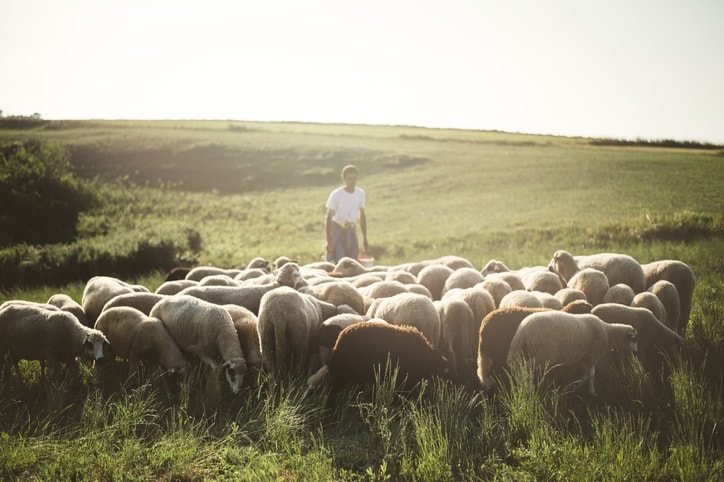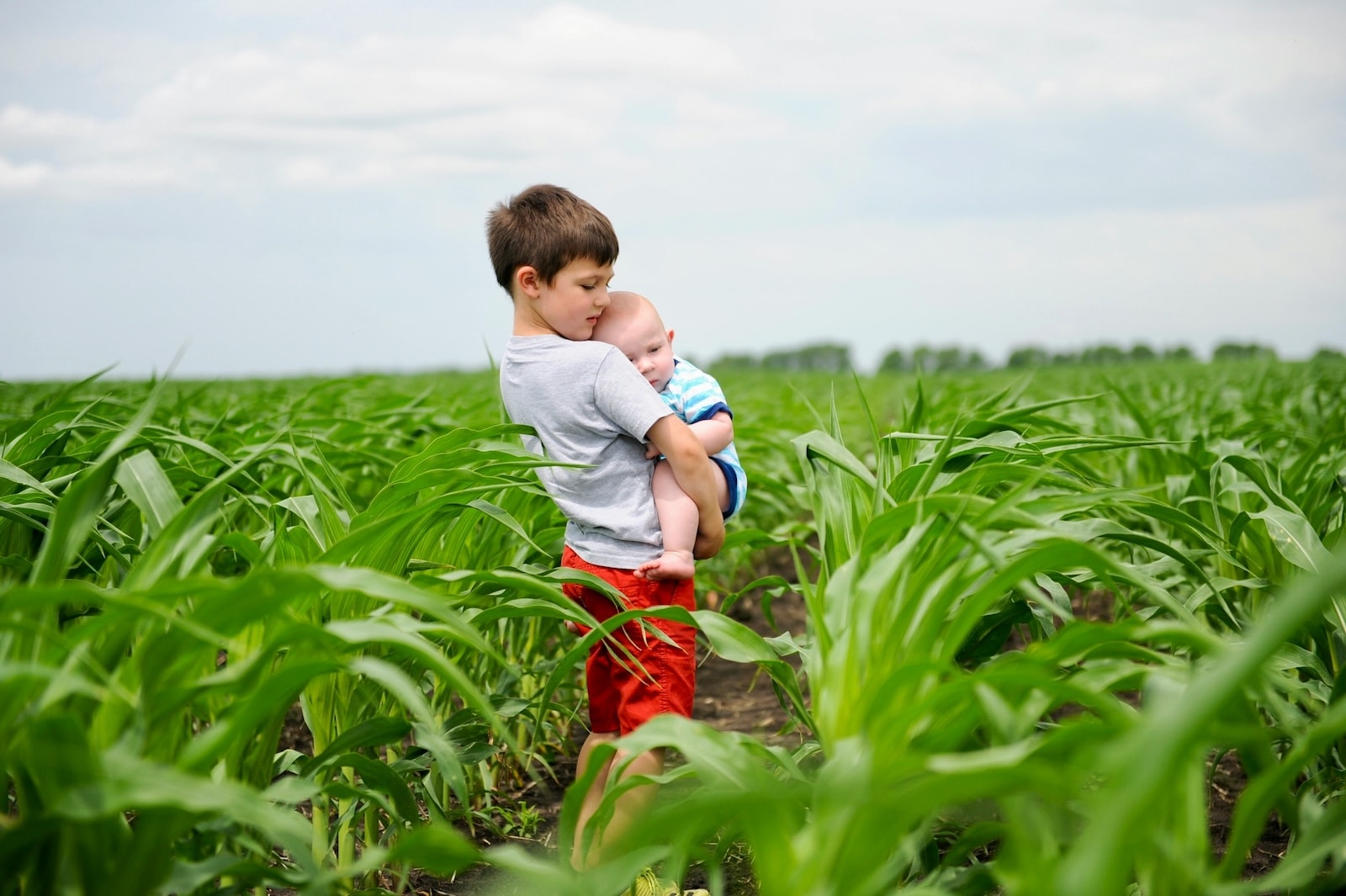Thursday, May 18, 2023
Some initiatives can solve two very different problems at the same time, such as fires and the depopulation of rural areas in Spain. Herders can clear the fields and hills of brush with their livestock to prevent uncontrolled fires from spreading. To make this possibility more attractive, Spain has rural areas that are increasingly connected and have better services.
By Javier Muñoz
All ecosystems are being affected to a greater or lesser extent, by the undesired effects of climate change. In Spain, this situation has been exacerbated by the drought and has resulted in an unusually early fire season. However, there are many actions with a positive impact that can serve as an antidote and provide some—partial—relief for this problem. This is the case, for example, of anti-fire grazing, an initiative that also helps to promote the repopulation of the Empty Spain. But how do these firefighting sheep work to prevent fires?
In the first quarter of 2023, i.e., during the winter, fires have affected more than 40,000 hectares in Spain. It is already clear that high temperatures and drought (the water reserve dropped below 50% in May, much more than the average of the last 10 years, which was 68%) have heightened the risk of fires, together with human actions, whether intentional or reckless. Preventive measures are therefore urgently needed, including grazing, which is crucial to providing greater resistance to spreading flames, according to a report by WWF Spain. From the organization's standpoint, the role of extensive livestock farming is noted as fundamental in "recovering a rich landscape, which alternates forested areas with cultivated and grazed areas", while advocating for "investing in sustainable rural development and recovering the regional uses" as the "best protection" against forest fires.
Among the examples found in Spanish territory, the one in the Madrid town of Boadilla del Monte has proved to be effective, with the appropriate name of 'firefighter sheep. It is part of the Community of Madrid's Annual Plan for Preventing, Monitoring, and Extinguishing Forest Fires. Although this prevention work has been carried out for a decade in Boadilla, it was after winter storm Filomena when 600 sheep from Valladolid were placed on the La Milagrosa farm to clear, until the summer, areas of the forest that had been previously cleaned. This is complemented by the work of forest rangers in creating firebreaks and safety belts.
Compensating shepherdsThere are examples in many other parts of Spain. Since the end of April, firefighting managers and technicians from all over the Canary Islands shared experiences at the Technical Conference on Grazing. One of the most promising conclusions is compensating shepherds for their work in environmental services to establish the coexistence of grazing with reforestation, in addition to contributing to the conservation of biodiversity and the "importance of generating a landscape that provides barriers to fire."
Another solution to mitigate this is creating urban forests to counteract high temperatures and conserve biodiversity. The implementation of mini green spaces has been well received in cities in Belgium, France, and the Netherlands, and it is also being promoted in Spain. This is the case of the new Chair of Urban Forests at the University of Zaragoza whose objective is "to carry out work that provides a different vision to make known, understand, and value green infrastructure and biodiversity at the municipal level." The aim is to achieve "a decisive springboard for rethinking the future of cities," as advocated for by the FAO (Food and Agriculture Organization of the United Nations). Another variant, but with the same purpose, are urban gardens, which fulfill a similar function by reducing CO2 and enriching biodiversity, coupled with the personal satisfaction of eating a healthier diet naturally without fertilizers or pesticides.
A well-connected rural area
It is predicted that 70% of humanity (currently 55%) will be concentrated in 2050 in urban areas, although they cover only 2% of the planet and consume three-quarters of the world's energy. This is why technological advances should enable rural areas to work with good interconnections, and every day more and more private, governmental, and business initiatives are investing in this. The website Depopulated Spain has compiled more than thirty actions implemented by social organizations aimed at repopulating rural areas and promoting the relocation of city dwellers to the villages without losing their quality of life. These range from recovering sustainable natural resources to establishing businesses, to bringing people closer together, sharing mobility, and encouraging young entrepreneurs.
In turn, the Ministry for Ecological Transition and the Demographic Challenge approved more than 260 projects in 2022 benefiting from government aid for territorial transformation and the fight against depopulation. There are three types of subsidies: local entities, non-profit entities, and companies or entrepreneurship initiatives. Additionally, companies are increasingly committed to promoting rural areas in the face of environmental and demographic challenges, among them Vivaces, a partnership for the promotion of rural areas made up of Amazon, Bayer, BlaBlaCar, Booking.com, Danone, Eurona, Grünenthal, Harmon, and the EFE Agency, so far. This laboratory of ideas aims to deepen the knowledge of the rural environment to identify the factors that will allow to enhance its dynamism and advance in the promotion of rural environments in the face of the environmental and demographic challenge.
¿Te ha parecido interesante?





